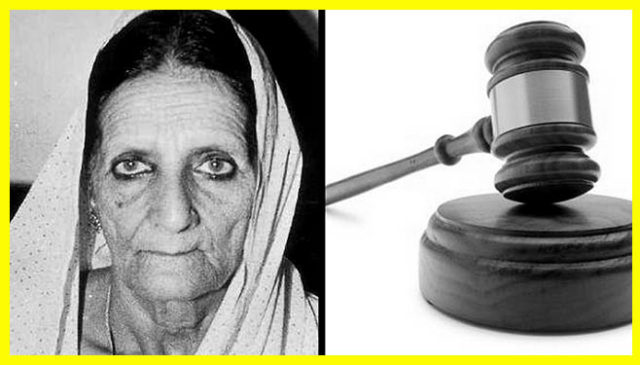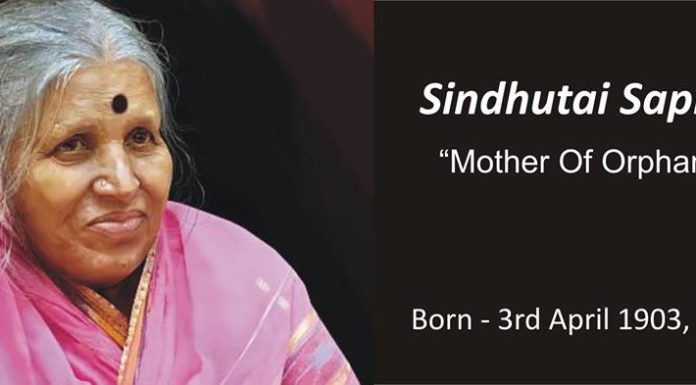There has been much talk, much debate and much name-calling ever since the much-hyped debate surrounding Uniform Civil Code ensued in a “secular” albeit “religiously-pluralistic” country like India. Of course, the demand and the debate for the Uniform Civil Code itself was a consequence of yet another case: The famous Shah Bano trial of 1985, which is why before we even commence a proper discourse on the Uniform Civil Code, we need to understand its genesis…for which we must revisit the trial.

In fact, anyone who wants to understand the magnitude of that judgment – not just in India, but across the world – simply needs to visit the Cornell Law School or Oxford University Press website or check out the thesis submitted to the University of British Columbia in 1992. Yes! The case was that important that it shaped the discourse of the debate across the world regarding the rights of Muslim women…not just in India, but globally!
Of course, coming back to India and to that particular case. Shah Bano, who married her husband in 1932 found herself in destitution in 1975, when her advocate husband drove her out of her marital home (sans any divorce). In April of 1978, the 60-year old Shah Bano filed a case under Section 125 of the Code of Criminal Procedure, demanding maintenance amounting to Rs. 500 per month. [Note: In case you wish to draw some comparisons or reference, you may like to know that the husband’s income was about Rs. 60,000 per annum…Just saying!]
And what he did next was not just the act of a patriarchally-inclined man…it was a smartly-devised strategy by a smart lawyer…he divorced his wife in November of 1978. [P.S. – That’s right, the divorce actually came after the filing of the maintenance case!]
Why???
So that he could present a simple logic to the court in his defence: The woman was no longer his wife…since he had already paid her the “dower or Mehr” (amounting to ₹ 3000) during the period of “iddat”.
The court however, directed the man to pay a sum of Rs. 25 per month to the woman in lieu of maintenance…a decision that was challenged by Shah Bano, who filed a revision petition in the High Court of Madhya Pradesh, who then directed her ex-husband to pay an enhanced sum of Rs. 179.20 towards her maintenance, which was why and how the 1985 Special Leave Petition came before the Hon’ble Supreme Court of India.
The Supreme Court while upholding the decision of the Madhya Pradesh High Court, also expressed its anguish and regret over how Article 44 of the Indian Constitution, which clearly and expressly stated the need for a Uniform Civil Code throughout the country, remained but a dead letter.
It even insinuated about the lack of political will, wherein the legislature had not even made an attempt to bring Article 44 of the Indian Constitution to fruition. And even though, the then government — despite the Supreme Court’s judgment — diluted the impact of the Shah Bano’s judgement (thanks to its appeasement politics), the truth simply remains…that the debate that Shah Bano’s case kindled…remains burning…even today!






























